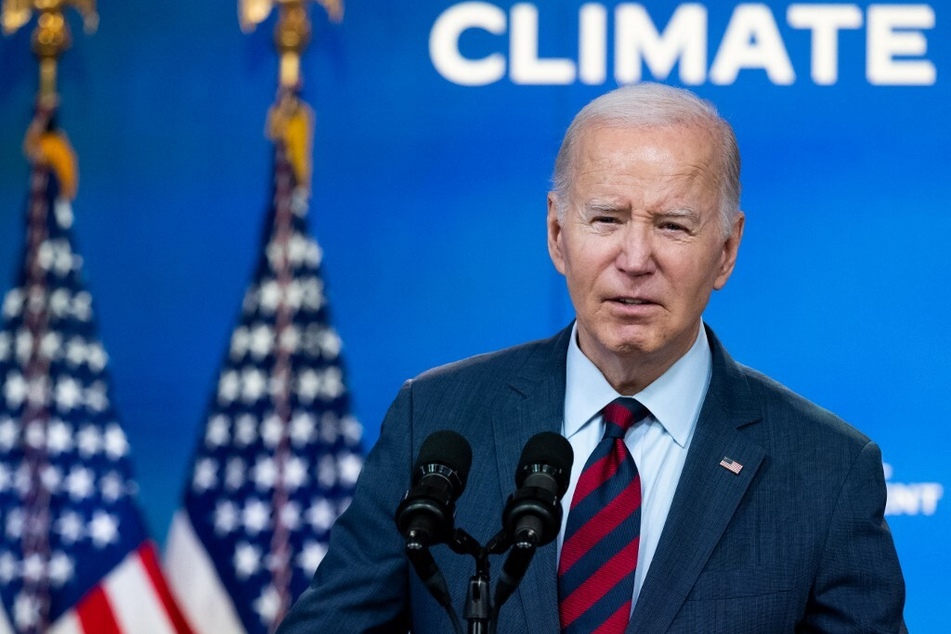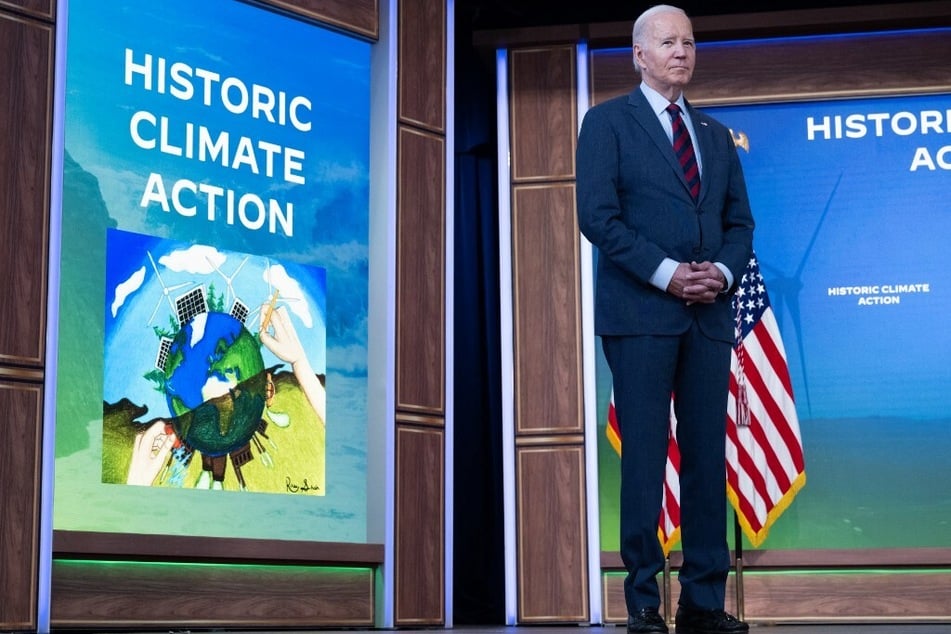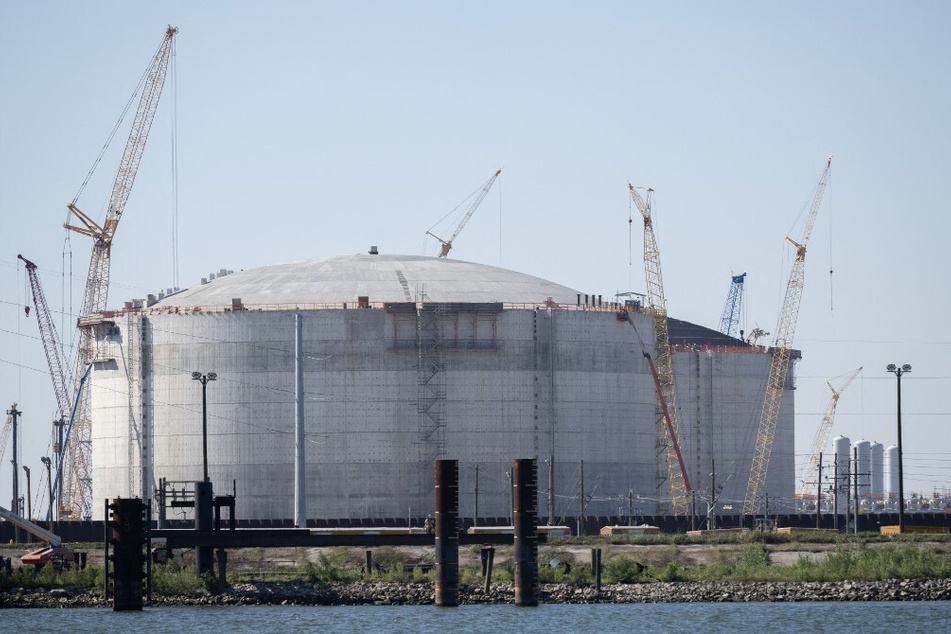Climate groups celebrate Biden's decision to halt new LNG export facilities
Washington DC - The United States, which ships more liquefied natural gas (LNG) than any other country, is hitting pause on approving new export facilities, the Biden administration announced Friday in a step seen as vital to tackling the climate crisis.

It comes as President Joe Biden looks to shore up youth voters energized by environmental issues in a tough election rematch this year.
He will likely face Republican candidate Donald Trump, who calls human-caused global warming a "hoax" and has vowed to torpedo his Democratic opponent's climate agenda.
"This pause on new LNG approvals sees the climate crisis for what it is: the existential threat of our time," Biden said in a statement. "While MAGA Republicans willfully deny the urgency of the climate crisis, condemning the American people to a dangerous future, my Administration will not be complacent."
The US only began exporting LNG in 2016 but rapidly became the world's biggest supplier, driven in part by Europe turning away from Russian gas following its invasion of Ukraine.
Under the plan, new export applications would be subjected to a review, of unspecified length, that considers climate and wider environmental and economic impacts, imperiling the future of more than a dozen planned facilities.
If all were authorized, LNG shipped from the US would be responsible for more greenhouse gas emissions than the entire European Union, according to one analysis.
Climate groups respond to Biden administration decision

Facilities impacted include Venture Global's proposed Calcasieu Pass 2 (CP2) in Louisiana, which would be the biggest terminal in the country and cause annual emissions equivalent to those of 42 million cars, according to a letter penned to Biden in December by 170 scientists.
Scientists and environmental activists welcomed the review, which excludes plants already approved but not yet built, and has exceptions for national security emergencies.
"This is the most significant move any President has ever made on stopping fossil fuels," tweeted Climate Defiance, a youth-led group that engages in civil disobedience.
White House national climate advisor Ali Zaidi credited young people for being "a central part of the coalition that really helped the president imagine this climate agenda, and secure it every step of the way."
Fossil fuel industry groups responded negatively.
The Independent Petroleum Association of America said in a statement that the plan would "bolster Russian influence" in the European gas market, while Republican House speaker Mike Johnson called the decision "outrageous" and said Biden was "bending the knee to climate activists."
LNG development wreaks havoc on local communities

Robert Howarth, an environmental scientist at Cornell University, told AFP that while natural gas has something of a reputation as a cleaner fossil fuel, "that's based on advertising from the oil and gas industry."
While it does produce less carbon when burned than coal or oil, this does not factor in the full life cycle of production and transport to end users, which involves leaks of the powerful greenhouse gas methane throughout.
According to Howarth's research, the overall greenhouse impact of LNG is roughly 25% worse than coal, even when the best technologies are employed.
Exporting LNG was historically barred to safeguard domestic gas supplies, but the ban was lifted after the fracking boom – and the exports have led to gas and electricity price hikes to US consumers, he added.
For Anne Rolfes, director of the campaign group Louisiana Bucket Brigade, the pause couldn't come soon enough. Existing LNG development has destroyed coastal wetlands and left residents more vulnerable to the impacts of hurricanes, she said.
"People have already had to move away because of rising sea level and increasing storms, yet this industry plans to build on that fragile coast," she told AFP.
Fisherman Travis Dardar added that catches were down by more than 50% in his native Cameron Parish, as LNG companies bought and tore down fishing docks.
"They're sacrificing the seafood industry for the petrochemical industry," he told AFP.
Cover photo: SAUL LOEB / AFP